Fighting Inactive Lifestyle with Pcos: Tips for Strengthening Knees and Ankles
PCOS, depression, anxiety and ADHD can make weight loss a struggle. Don't give up! Here are tips to strengthen your knees and ankles.
Article by Madeleine Smith
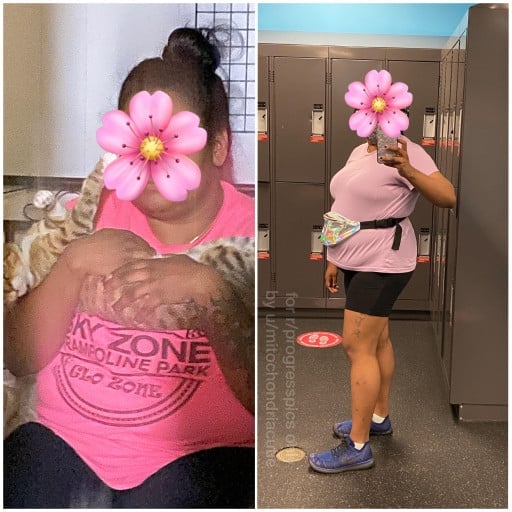
F/27/5’2” [195 lbs > 187 lbs = 8 lbs] (2 months) This is my first post. I am fighting against pcos, unmanaged adhd, depression, anxiety and I’ve lost most of my 20s to these. If you have tips on strengthening knees and ankles after being sedentary for years do let me know. I appreciate any tips!
Originally posted on /r/progresspics
Women struggling with PCOS, depression, anxiety and ADHD might find it hard to embark on a weight loss journey, but don't give up! The journey towards living a healthy and active lifestyle might be tough, but the results are worth it. As a Reddit user with the handle mitochondriacutie notes, with some assistance from online strangers, it's possible to strengthen knees and ankles after living a sedentary lifestyle for years.
Walks, Compression Socks, and Pool Exercises
Physical exercise is essential if you're trying to maintain a healthy weight, but if you've been sedentary for years, you're likely to encounter painful ankles and knees. A Reddit commenter suggests short walks, starting with a minimum time each day, and gradually increasing the distance between walks. Mitochondriacutie hasn't considered compression socks until someone suggested them, but the suggestion makes sense. Compression socks improve blood flow, particularly to the legs that are commonly affected by sedentary lifestyles. For those with access to a pool, try jogging and squats in the shallow end for a low impact workout.
Other Physical Activities
Biking, leg presses, calf raises, lateral step-downs, and step-ups are all activities that can strengthen knees and ankles. Weight training helps too, but it's quite intense for someone living an inactive lifestyle. Physical therapy exercises could also help with ankle and knee strengthening. It's important to work on your hips, glutes, core, and leg muscles for overall stability.
Choosing Activities You Love
It's easy to lose motivation when you are forcing yourself to do activities you do not enjoy. This is especially true for someone struggling with depression, anxiety, or ADHD. The key is to look for activities that bring you joy, even if it's a low-intensity activity like dancing, walking, or tai chi. Consistency is key, and if you don't enjoy the activity, it might be harder for you to sustain it. For mitochondriacutie, a high protein diet and more green veggies have helped with weight loss so far.
Slow and Steady Wins the Race
Lifestyle changes don't happen overnight, and that's okay. The trick is to start small and be kind to yourself. Walk a little every day and gradually increase the time and distance. If you're not feeling it, it's okay to set your minimum and come home. It's a marathon, not a sprint. Losing weight and getting active can help with the management of mental illnesses, including ADHD. It might be tough, but the outcomes are worth it.

Madeleine Smith
Content Lead at MyProgressPics.com
Madeleine is passionate about empowering individuals with the information and tools they need to transform their bodies and lives.
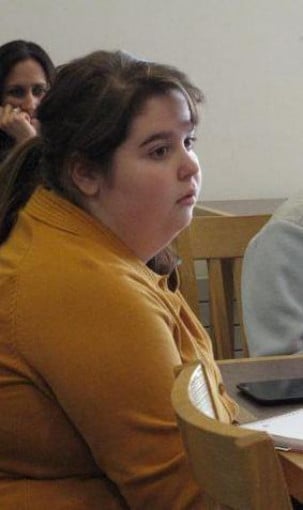
My Weight Loss Journey: F/21/5'0, 225 187
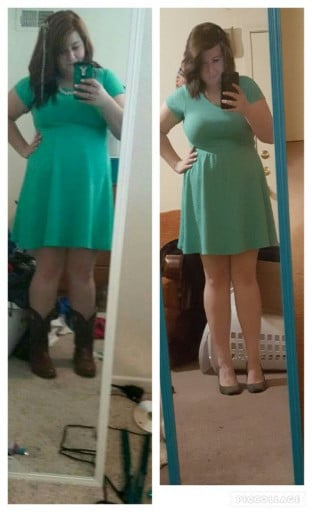
39Lbs Weight Loss Progress in 4 Months: F/23's Journey
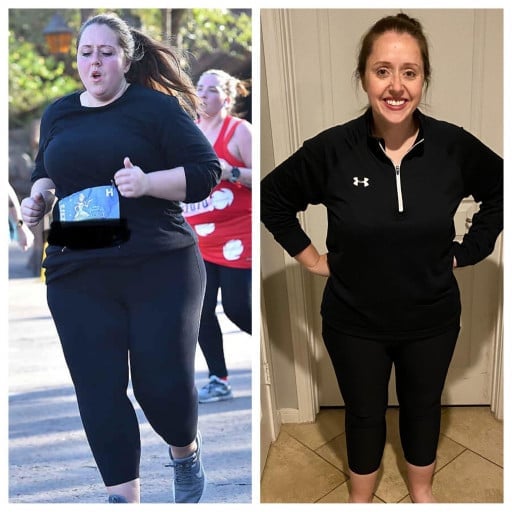
From 275Lbs to 187Lbs: a Journey to Successful Weight Loss
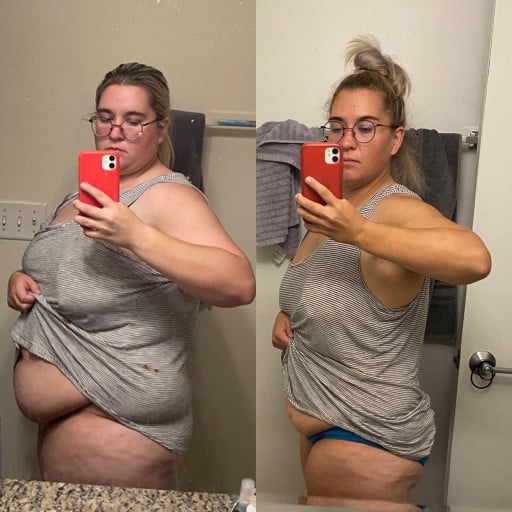
F/28/5’4” From 285Lbs to 187Lbs a Journey to Weight Loss